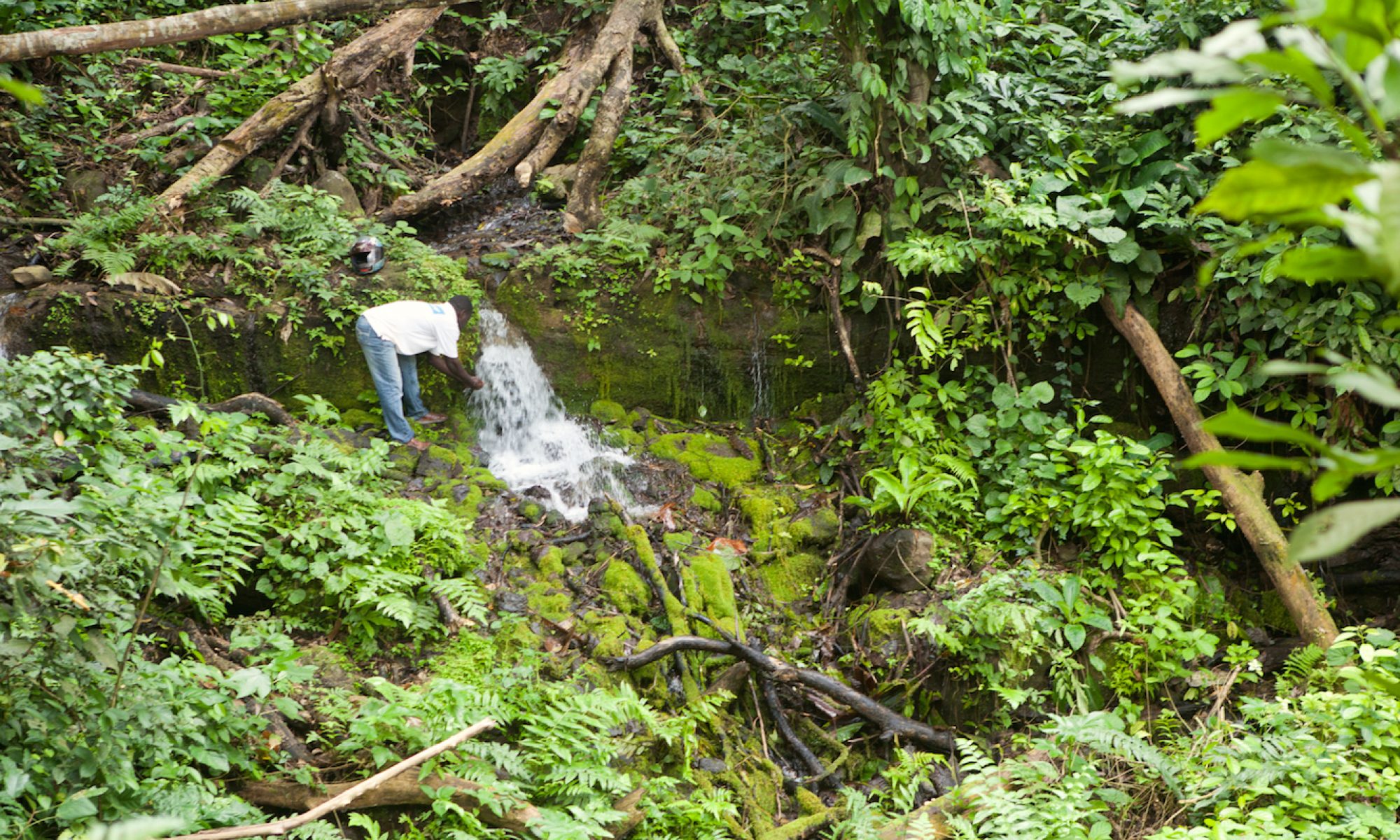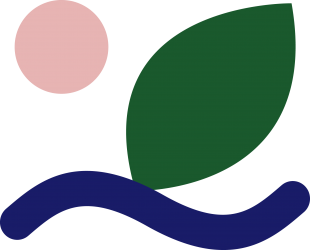A selection of our projects
We work with communities located in vulnerable natural surroundings. Most of their members depend on natural resources for their food, water and income. Many of them have found ways to generate more income while protecting their resources.
This is a selection of interesting projects:
Tiko Health Program: combating malaria
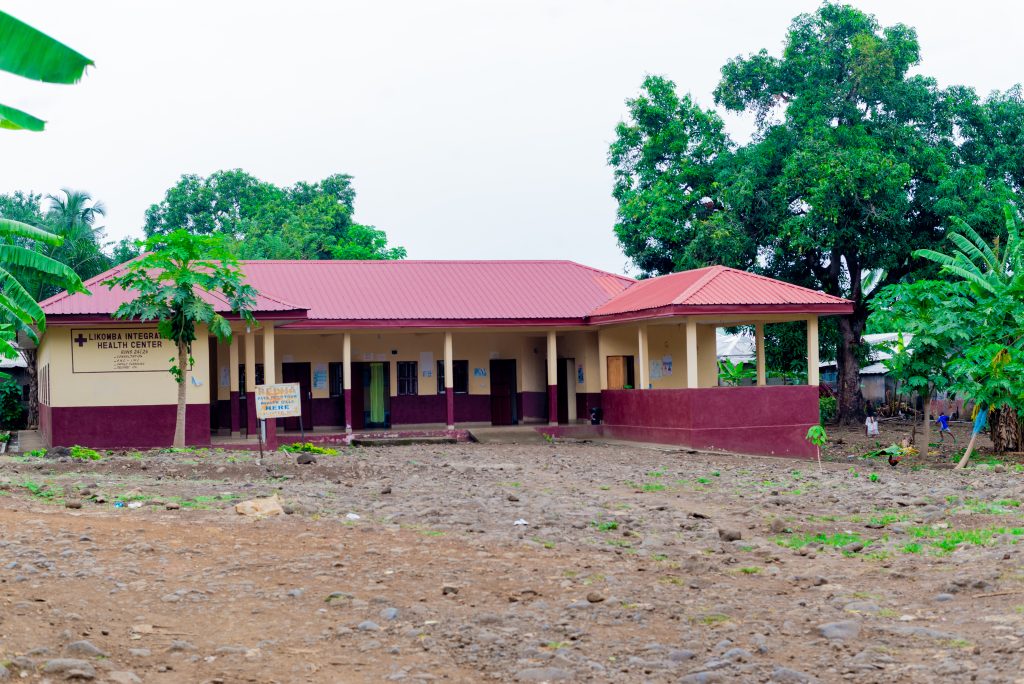
The Tiko communities, with over 10,000 households and 60,000+ inhabitants, lie in the heart of the mangroves of Cameroon. Humaniforest will implement the use of EaveTubes developed by In2Care in every household.
The WASH Program, including construction of a gravitational pipe-born water system, comes as an incentive to buttress the product use and acceptance of EaveTubes. Read more in the projectleaflet.
Buea Town: access to water and catchment protection
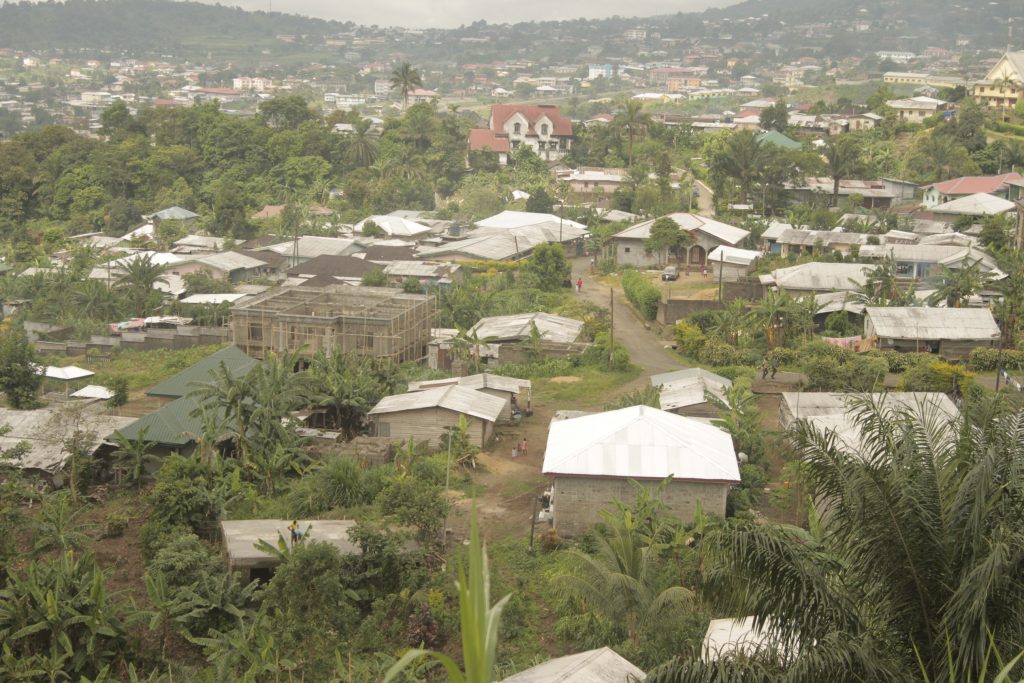
Seven communities with 15,500 people concentrated around Buea Town in Cameroon get access to potable water. These communities implement a ‘community-owned, business operated’ model to enable them to generate sufficient income to maintain the system and to protect the catchment area on the slope of Mount Cameroon. Read more in this project leaflet.
Manganjo: tree nurseries, organic farming and reforestation
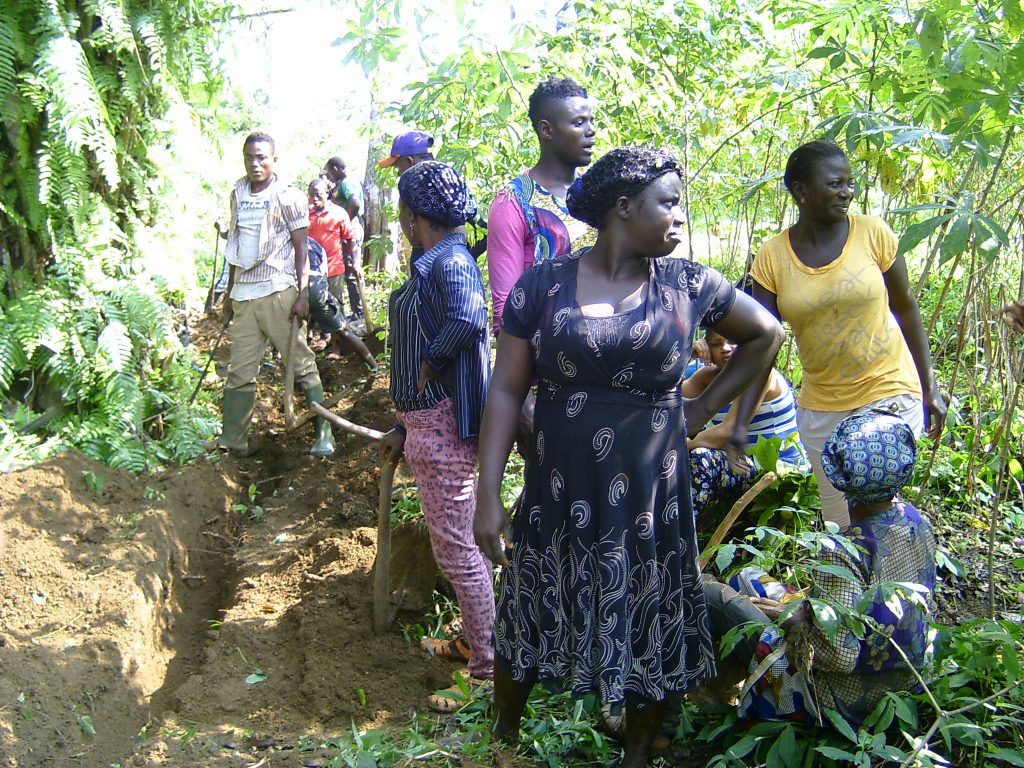
Three communities in Cameroon with close to 20,000 people address reforestation, tree nurseries, organic farming and water development. To sustain future water sources and biodiversity the community demarcated a protection area. Thousands of indigenous trees will be planted in the protected area. You can find more information in this project overview.
Bova Wonduka: beekeeping in a vulnerable ecosystem
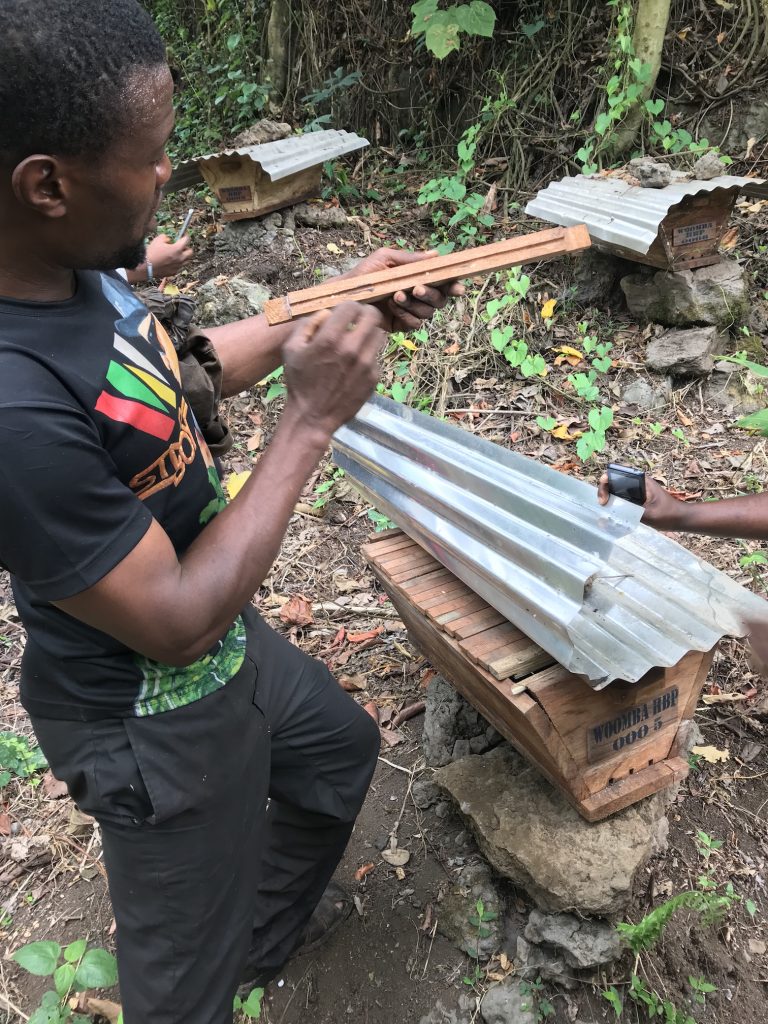
In Bova Wonduka, together with the local community, more than 20 bee hives are constructed. The honey will be packed and sold in local shops. Honey is a good alternative source of income for hunters and farmers. Bee hives combine well with natural forest. This area, adjacent to the Mount Cameroon national park, is reforested with indigenous trees.
Buea: combat poaching in the Mount Cameroon national park
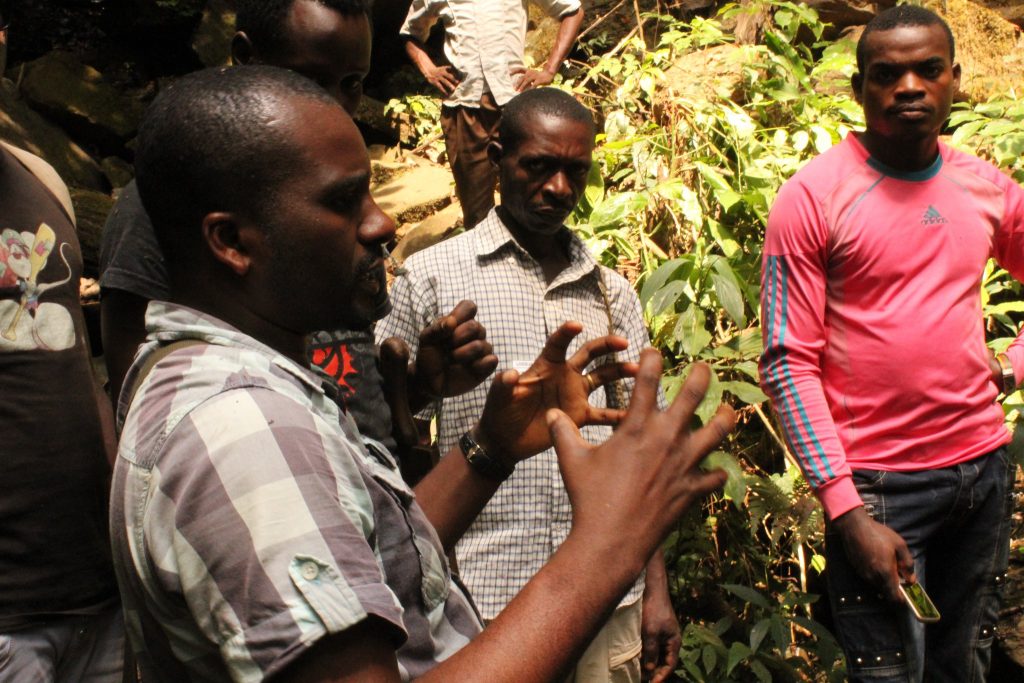
Four communities adjacent to the Mount Cameroon National park depend for most of their daily livelihood on the park resources: their cultural existence, income generating activities and their main source of food. In this project we identify active poachers to collect information and to commit each of them to stop their illegal activities and engage in alternative livelihood options. A project overview is coming soon.
Kasema: social business case with drinking water
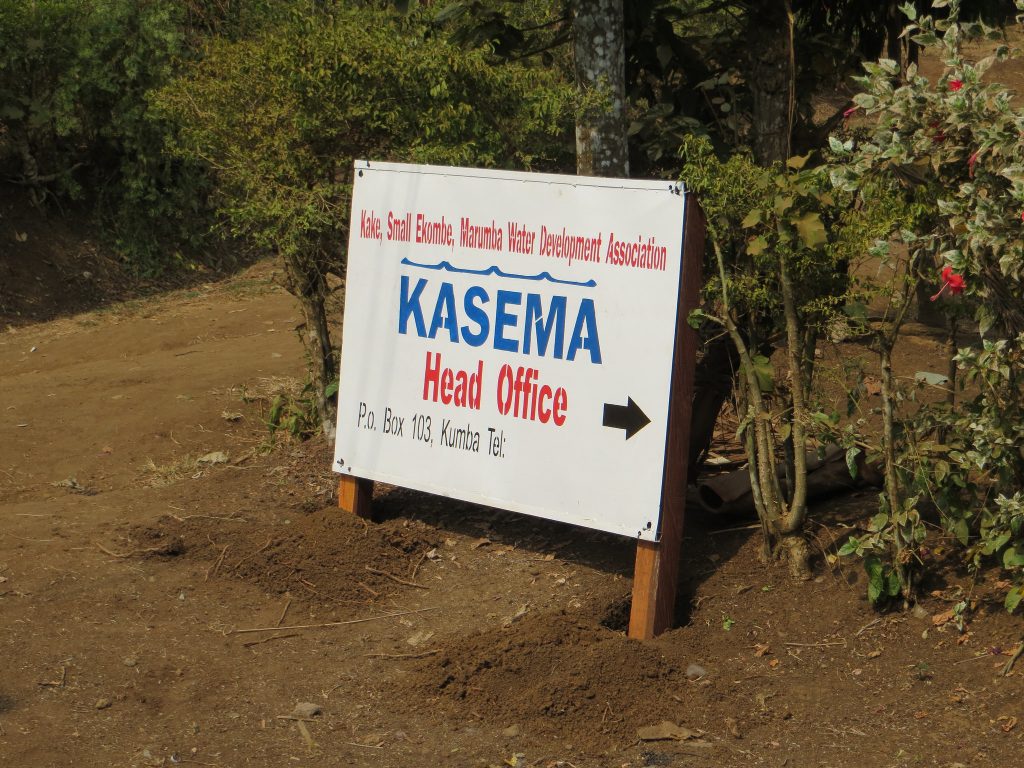
To improve upon health conditions dramatically we support four communities with over 20,000 inhabitants to develop their water system and to set up a local water office that generates sufficient income to manage the water system well. For more information please read this project overview.
Debundscha: rain water harvesting
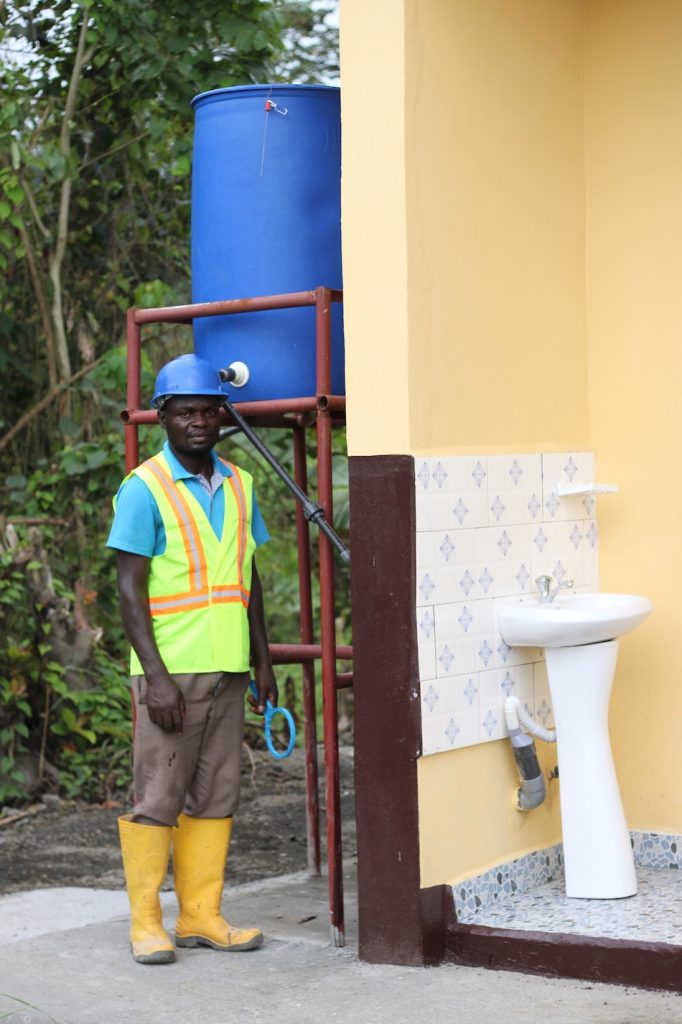
At the school in Debundscha (the second wettest spot in the world!) there was no toilet neither water. Jaba Wose designed and Peter Lyonga contructed a rain water harvesting system with four toilets and two sinks. Then, we conducted a WASH program with the school and community: a bore hole, storage tank and 2 stand taps were constructed to enable the school children and community members to fetch clean drinking water.
Lobange: water development with sustainable farming and market access
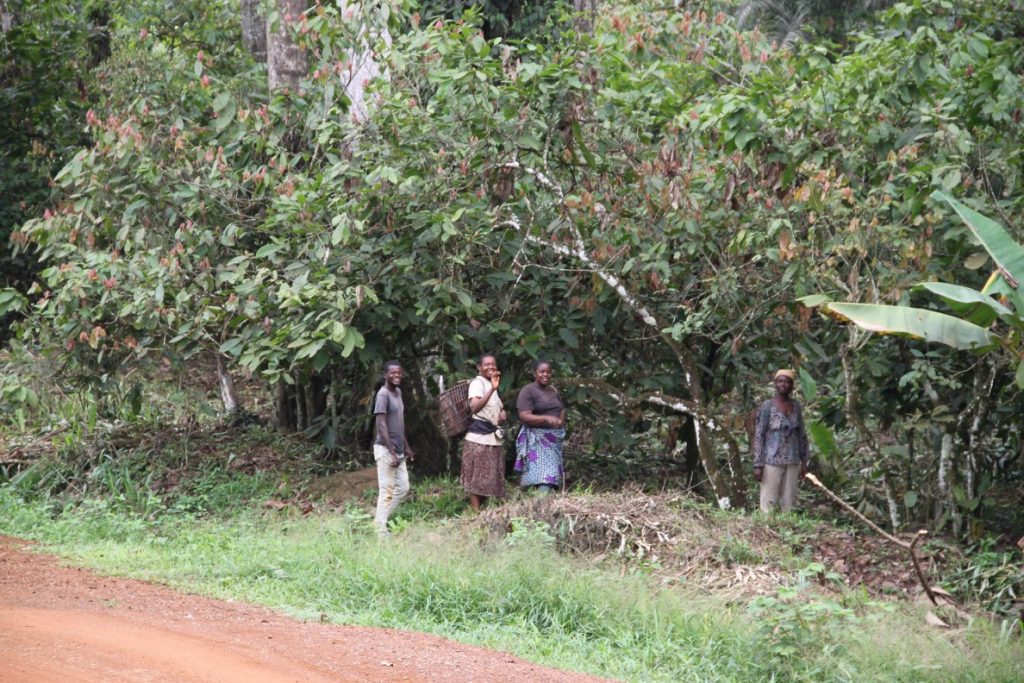
In Lobange, around the future water source in a wonderful natural setting, strict conservation measures are put in place. The community is trained in sustainable management of resources and alternative income generation, like collecting nuts and seeds, honey making and snail farming. The project overview provides more insights.
